1. Happy Days

When Happy Days first hit the airwaves, it was a straightforward coming-of-age story centered around Richie Cunningham and his all-American family. But partway through the first season, the producers realized viewers couldn’t get enough of Arthur “Fonzie” Fonzarelli. Slowly but surely, the show was rewritten to feature more of the cool leather-jacket-wearing greaser shares SlashFilm.
By the second season, Fonzie had practically become the star of the show, and the original family-focused narrative faded to the background. No one ever really explained the shift, but fans rolled with it adds Far Out Magazine. The tone also grew more fantastical—eventually including alien encounters and time travel. The shift was so dramatic, it even inspired the phrase “jump the shark.” But at the time, most viewers didn’t question a thing—they were too busy saying “Ayyyy.”
2. Glee
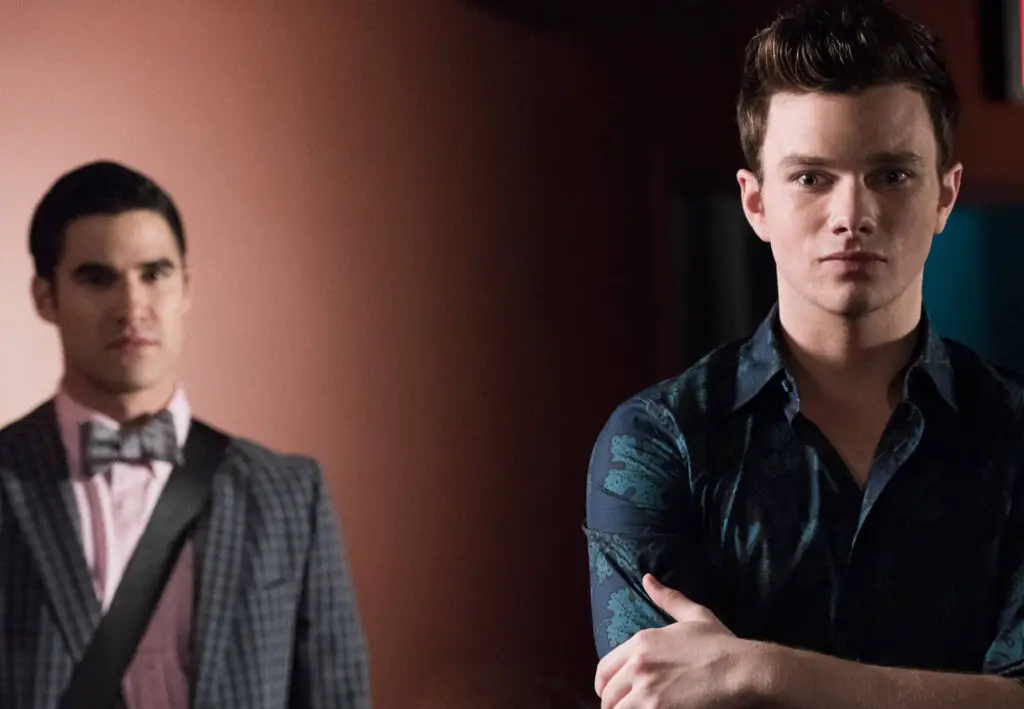
When Glee premiered, it promised a mix of sharp satire and heartfelt high school drama. But behind the scenes, the tone was changing constantly—even in the same season. Characters would suddenly disappear, get rewritten, or act out of character with no real explanation says BuzzFeed.
By mid-season one, storylines involving supportive parents and character growth were replaced with wild plot twists and flashy performances. Emma Pillsbury’s mental health arc and Terri Schuester’s fake pregnancy were basically abandoned without warning. The writers would even reintroduce characters like they’d never been there before. It was like the show kept rewriting itself in real-time, and fans just had to keep up adds Screen Rant.
3. The Walking Dead

Early on, The Walking Dead felt like a grounded zombie survival drama with a strong moral compass. But midway through season two, something shifted. The pacing changed, the character focus narrowed, and entire plotlines were dropped or rewritten.
This change stemmed from behind-the-scenes drama. Showrunner Frank Darabont left the series unexpectedly, and with him went a chunk of the show’s original direction. Characters like Dale and Shane were written out sooner than expected, and the tone turned darker and more action-oriented. Fans were left wondering why the show felt so different—but no one ever officially acknowledged the sudden pivot.
4. Scrubs
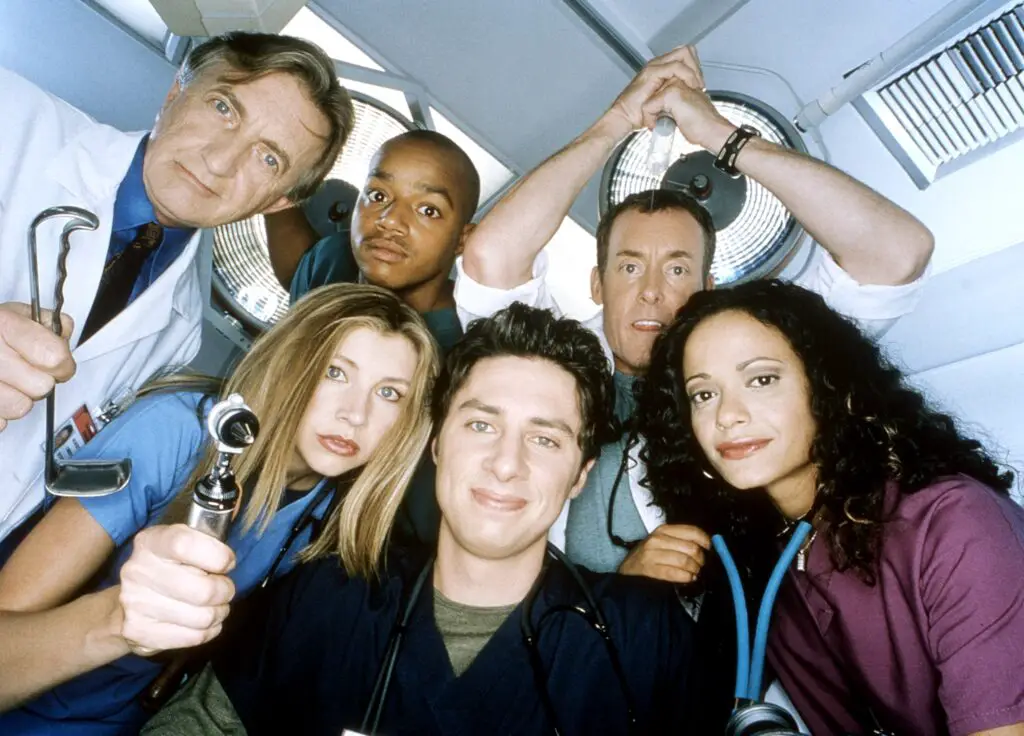
Season nine of Scrubs is infamous for feeling like an entirely different show—but the rewrites started even earlier. By the middle of the original series, certain characters had begun to act in ways that didn’t quite line up with their earlier versions.
J.D. went from being an introspective doctor to an over-the-top cartoon character. Storylines became more exaggerated and fantastical, moving away from the balance of humor and heart that made the early seasons so beloved. The show never paused to explain the shift in tone—it just happened. For longtime fans, it was a bit jarring, but the laughs kept coming.
5. Heroes

Heroes burst onto the scene with a rich mythology, layered characters, and a “save the cheerleader, save the world” mystery that had everyone hooked. But midway through season one—and even more in season two—it started to unravel.
Storylines were abruptly dropped, character motivations changed, and timelines were rewritten with no real consistency. Part of this was due to behind-the-scenes rewrites and the looming writers’ strike. The showrunners tried to course-correct, but fans could tell things had shifted. Suddenly, the show that felt so tightly plotted was full of holes, and viewers were left scratching their heads.
6. The O.C.

When The O.C. first aired, it seemed like a teen drama with heart, focusing on the clash between Ryan’s troubled past and the upper-class world of Newport Beach. But midway through the first season, the show’s tone shifted to emphasize more soapy and exaggerated drama.
Characters were rewritten to become villains or comic relief seemingly overnight. Julie Cooper went from concerned mother to scheming socialite, and storylines involving class struggle took a backseat to love triangles and betrayal. The producers never acknowledged the shift, but it was clear they were chasing ratings. And while it worked for a while, the cracks eventually showed.
7. Roseanne

Throughout most of its run, Roseanne was known for its realistic portrayal of a working-class family, dealing with everything from parenting struggles to financial hardships. But during the ninth season, the show suddenly pivoted in a major way.
The Conners won the lottery, and everything that had grounded the show was thrown out the window. Storylines became outlandish and surreal, and characters acted like different people entirely. Viewers weren’t told this was a creative shift—it just happened. It wasn’t until the finale that Roseanne revealed it had all been fictionalized in her character’s writing, but by then, many fans had already checked out.
8. Alias

Alias came out of the gate as a spy thriller with a twist—a double agent trying to balance her real life and her covert missions. But midway through season two, the show began veering into full-blown science fiction territory.
Mystical artifacts, secret prophecies, and immortal villains took center stage. While the transition was gradual, there was no official explanation for the shift in genre. Fans just had to roll with it as the grounded espionage drama became something else entirely. For some, it added excitement, but others missed the tone of the original.
9. Twin Peaks
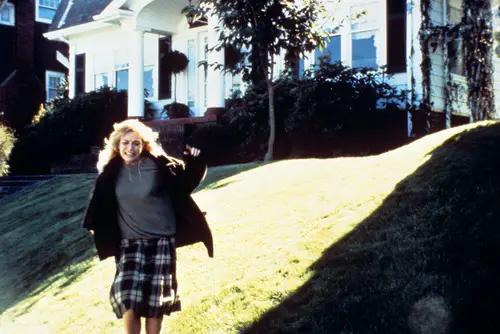
David Lynch’s Twin Peaks was strange from the start, but early episodes still followed a coherent murder mystery structure. However, halfway through season two, the central mystery was abruptly solved and the show lost its anchor.
The remaining episodes dove deeper into surrealism and introduced odd new characters and nonsensical subplots. Fans were confused, and there was no clear reason for the change in tone. Behind the scenes, Lynch had stepped back from the show, leading to narrative chaos. When he returned for the finale, it was already too late to fully right the ship.
10. Family Matters

Originally a spin-off of Perfect Strangers, Family Matters was intended to center on the Winslow family and their day-to-day lives. But midway through the first season, one character stole the spotlight—Steve Urkel.
The show was quickly rewritten to focus more on Urkel’s hijinks and inventions. Realistic family struggles gave way to teleportation devices and time machines. The transition was never explained, it just evolved episode by episode. It was clear that audiences loved Urkel, so the writers leaned into it hard—even if it meant abandoning the original concept.
11. Friday Night Lights
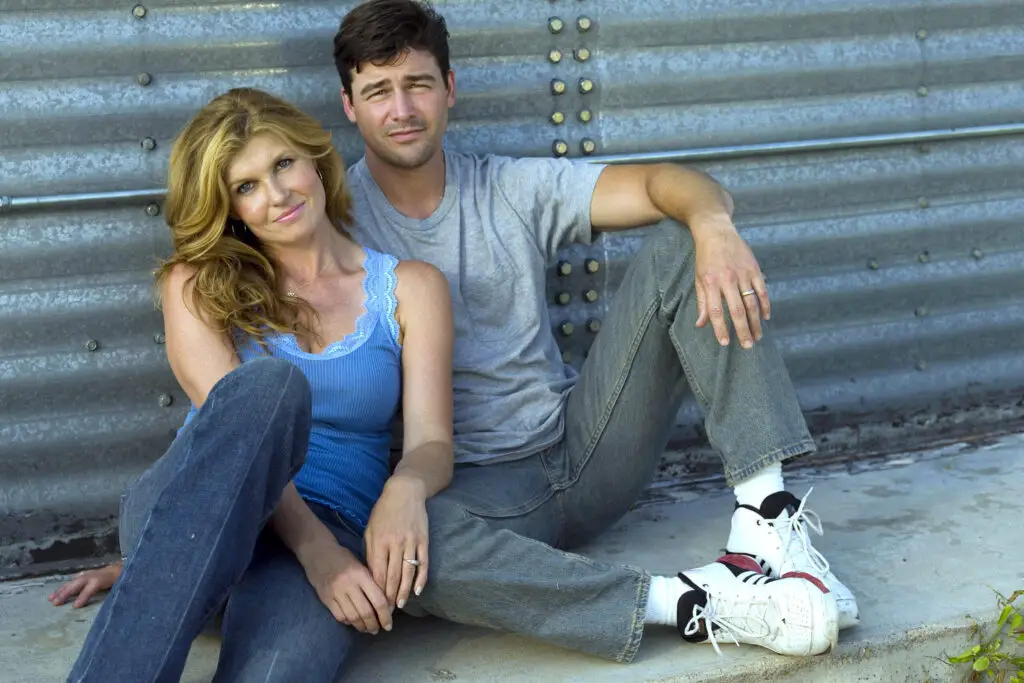
The first season of Friday Night Lights felt like a grounded look at small-town Texas life and high school football. But by the time season two rolled around, the show was suddenly dealing with a shocking murder subplot.
The crime storyline, involving Landry and Tyra, felt wildly out of place and had no connection to the show’s original tone. It came out of nowhere and was never really resolved in a satisfying way. The shift was due in part to network pressure and the writers’ strike, but viewers weren’t told any of that at the time. It just felt like the show was trying to be something else.
12. Riverdale
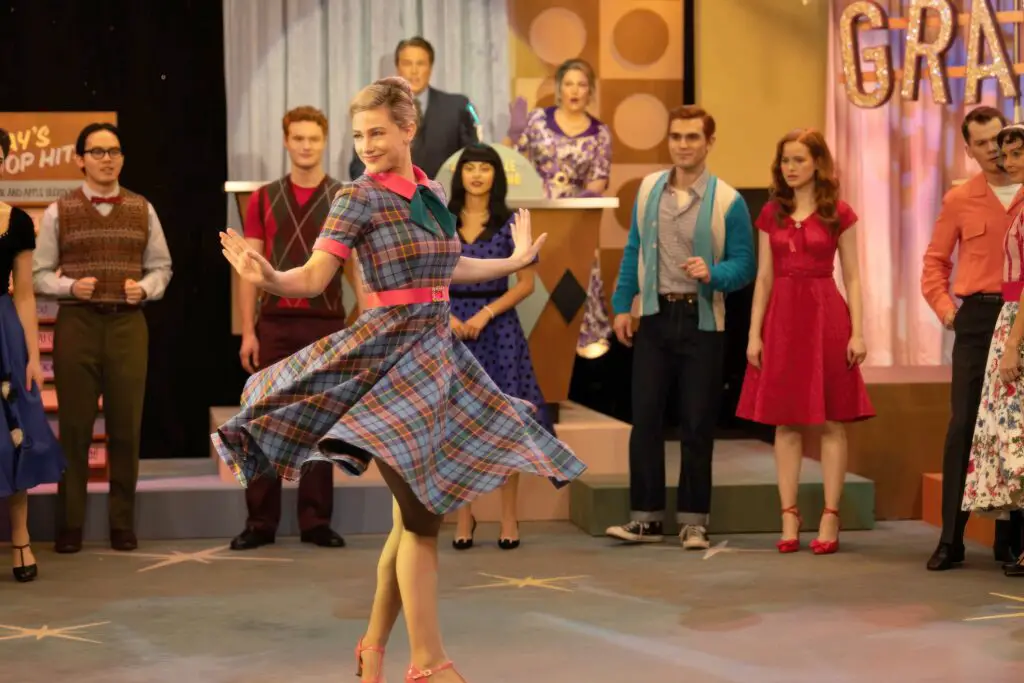
When Riverdale premiered, it was a stylish noir mystery with teen drama vibes based on the Archie comics. But it didn’t take long for the show to spiral into bonkers territory. Mid-season rewrites led to plots involving serial killers, organ harvesting, and cults.
There was never any acknowledgment of how bizarre things had become. One day the characters were worrying about SATs, and the next they were running from bears or performing musical numbers during murders. Fans either embraced the chaos or gave up trying to make sense of it. The show reinvented itself constantly, often without warning.
13. Charmed
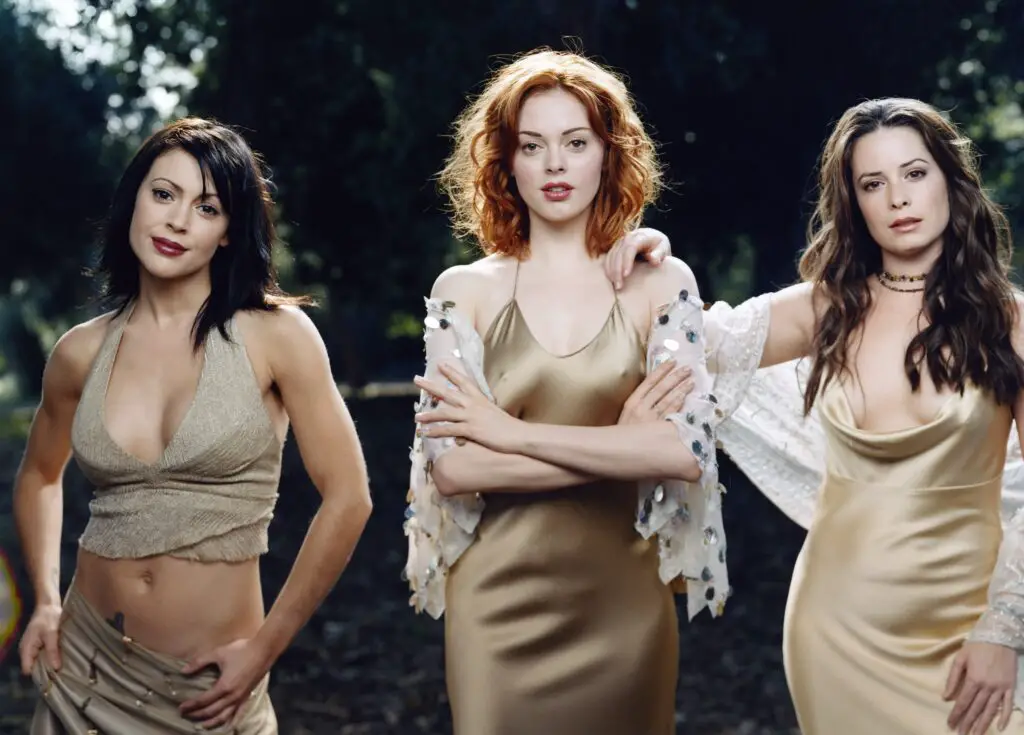
The original Charmed started as a relatively grounded supernatural drama about three sisters discovering their witch powers. But midway through its run, the tone began shifting from relatable sisterhood to epic battles and magical politics.
The Halliwell sisters went from dealing with demons in their attic to managing cosmic destinies. Romantic subplots were rewritten, and characters came and went with little explanation. The writers never acknowledged the shift in tone—it just became more like a fantasy-action show. For some fans, it was thrilling, but others missed the simplicity of the early seasons.
